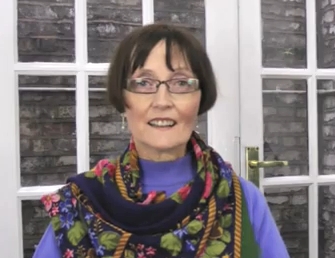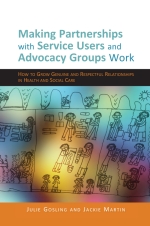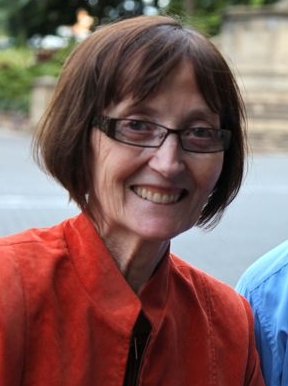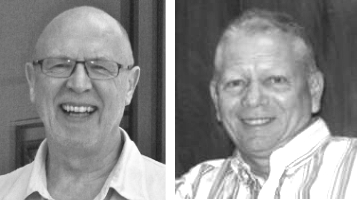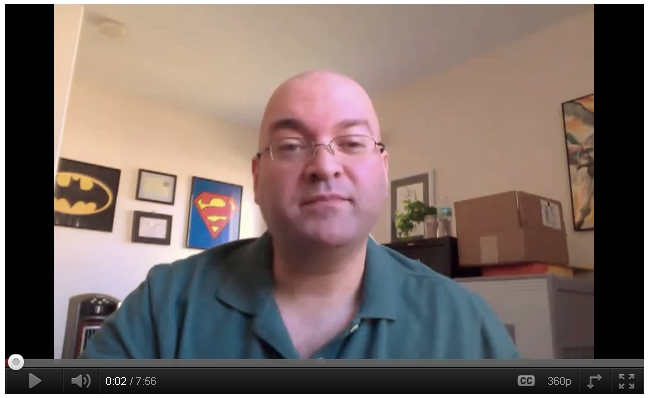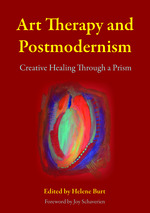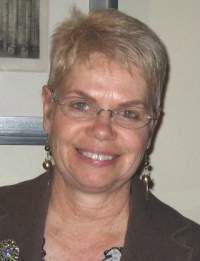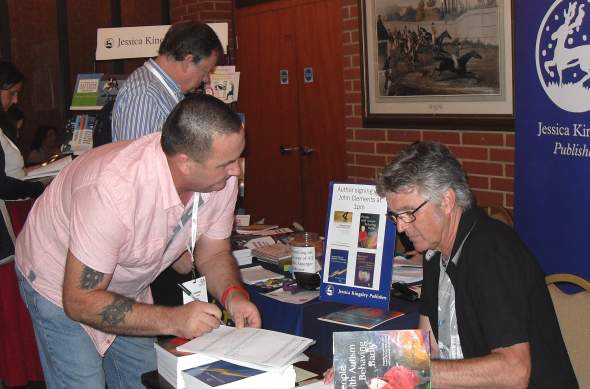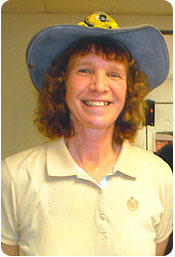“When I first started, there was no support for people with dementia, as it was assumed we lacked insight. Indeed the words of an Annual Report in 2000 of an Alzheimer’s Association spoke of us as being “mindless empty shells”. At first when I spoke up, people did not believe I had dementia because I could still speak. They said that even if I was showing the early signs, I was not a credible representative of people with dementia because of my level of function. Yet since then I have met so many others who have this diagnosis who are speaking out… We are receiving so much support and encouragement, and we are being listened to and respected. By treating us as experts in what it feels like to have a diagnosis of dementia, services and support are being much improved.”
